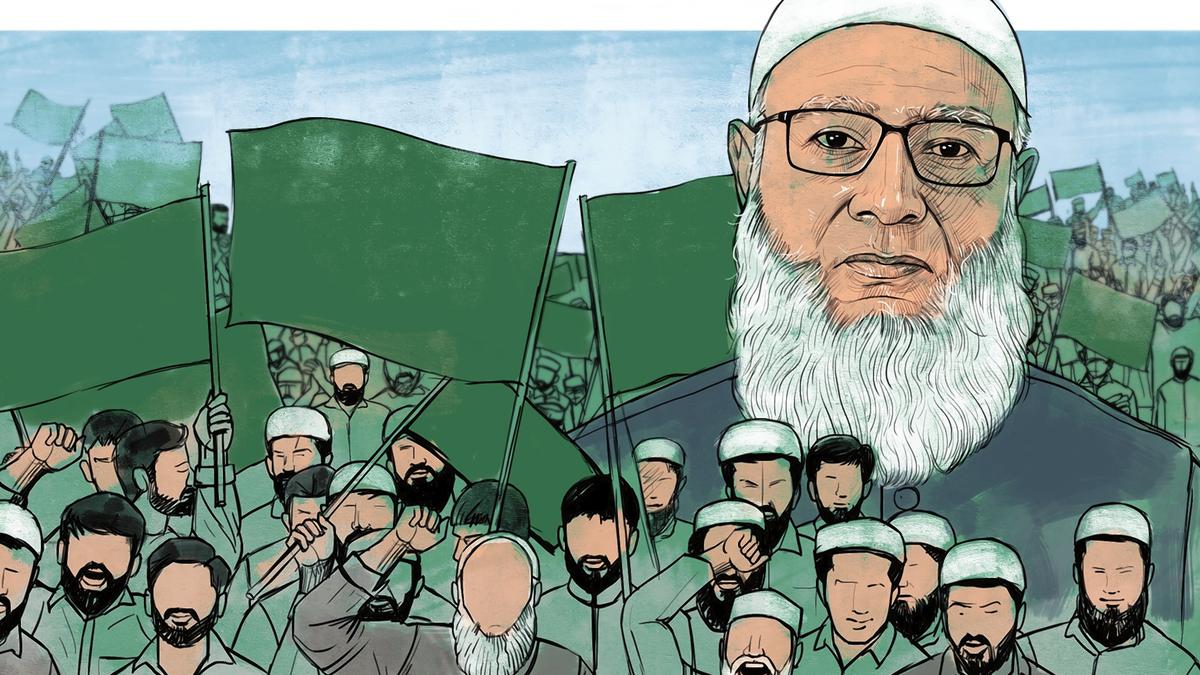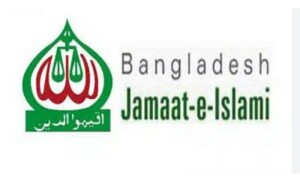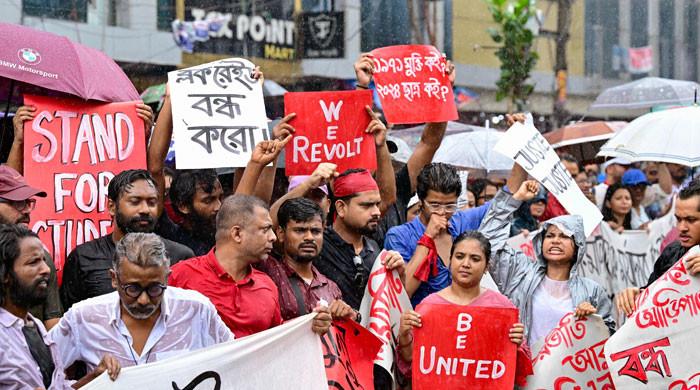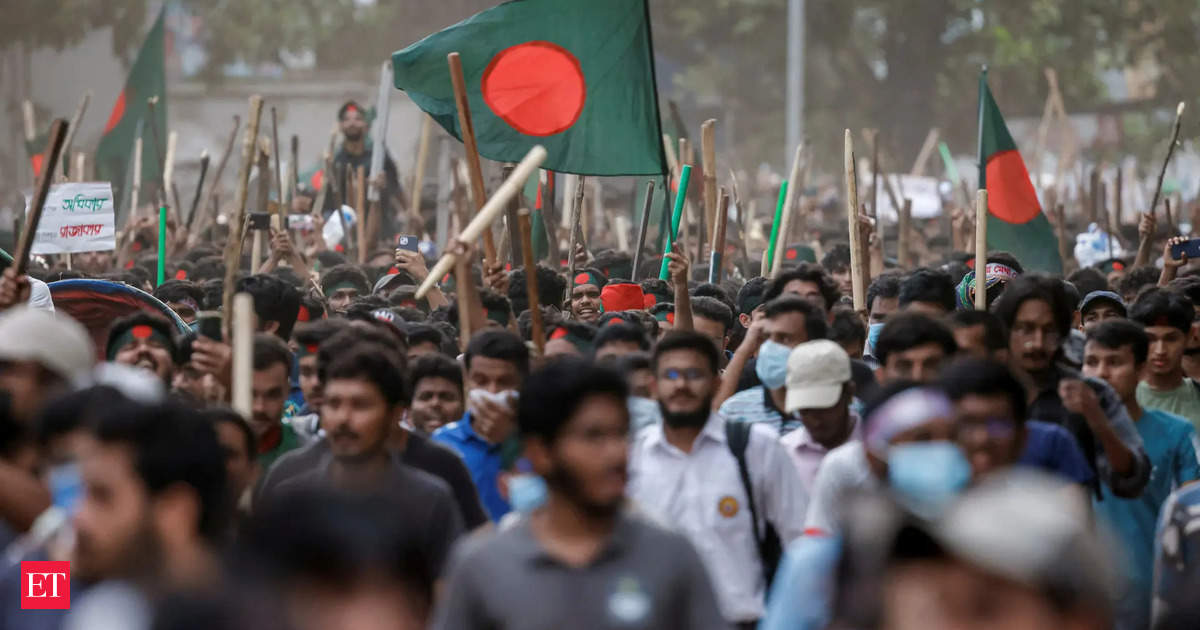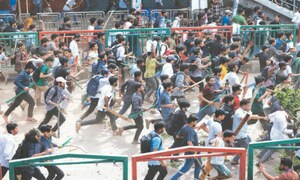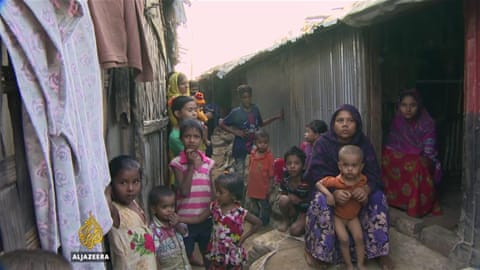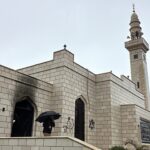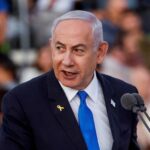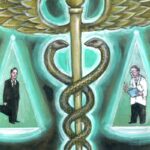
Illustration by Antony Premkumar J
The interim government of Bangladesh on Wednesday (August 28, 2024) ended the ban on the Jamaat-e-Islami Bangladesh, its student wing Islami Chhatra Shibir and “all associated organizations”.
The announcement came in a notification from the Interior Ministry of the government, which was preceded by a press conference by the Emir of Jamaat-e-Islami Dr. Shafiqur Rahman who praised the freedom fighters who freed Bangladesh from the rule by Pakistan in 1971.
You may be interested
The end of the ban has opened the political landscape of Bangladesh to the Islamic party.
“The Government did not find any definite link between terrorism and the Jamaat-E-Islami Bangladesh, its student wing Islami Chhatra Shibir and all other associate units of the organization. Therefore the government believes that the Jamaat-e-Islami Bangladesh, Islami Chhatra Shibir and all other associate units of the Jamaat are not involved in acts of terrorism,” declared the notification issued by the Interior Ministry.
The lifting of the ban would enable the organisation to participate in the political process of Bangladesh and also participate in the political dialogue for holding the next general election in the country.
The ban against JeI Bangladesh, Shibir and their sister organisations was one of the last actions by the Sheikh Hasina government that fell on 5 August with the flight of Ms Hasina to India.
Ever since, Jamaat-e-Islami has been conducting its activities openly operating from their office in old Dhaka’s Moghbazar neighbourhood.

Earlier in the day, Dr. Rahman met the journalists, and senior editors based in Dhaka and struck a conciliatory tone about the interim government. “During the years under East Pakistan, our Bangladesh was part of Pakistan, we were discriminated against. We remember the freedom fighters of 1971 who helped us attain freedom. I pay my respects to them,” said the Emir.
The JeI Bangladesh, which was originally an offshoot of the Jamaat-e-Islami established on August 26, 1941, in Lahore, favoured an undivided Pakistan and even campaigned for it after the 1971 Bangladesh Liberation War. In East Pakistan, as Bangladesh was known then, Ghulam Azam spearheaded the Islamic movement. Its leader Ghulam Azam was declared a war criminal and died while serving his prison term.
“Politics will determine the course of our country. We all have tried from our respective positions to address the aspirations of the people. But I want to say respectfully that so far we did not succeed in addressing those challenges,” said the Dr Rahman urging the media to view the JeI Bangladesh from an “impartial point of view”. Dr Rahman acknowledged that Bangladesh is multi-religious country saying, “Bangladesh is made of Muslims, Hindu brothers and sisters, Buddhists and Christians and other smaller religious groups. I want to say clearly that we all constitute Bangladesh”.

